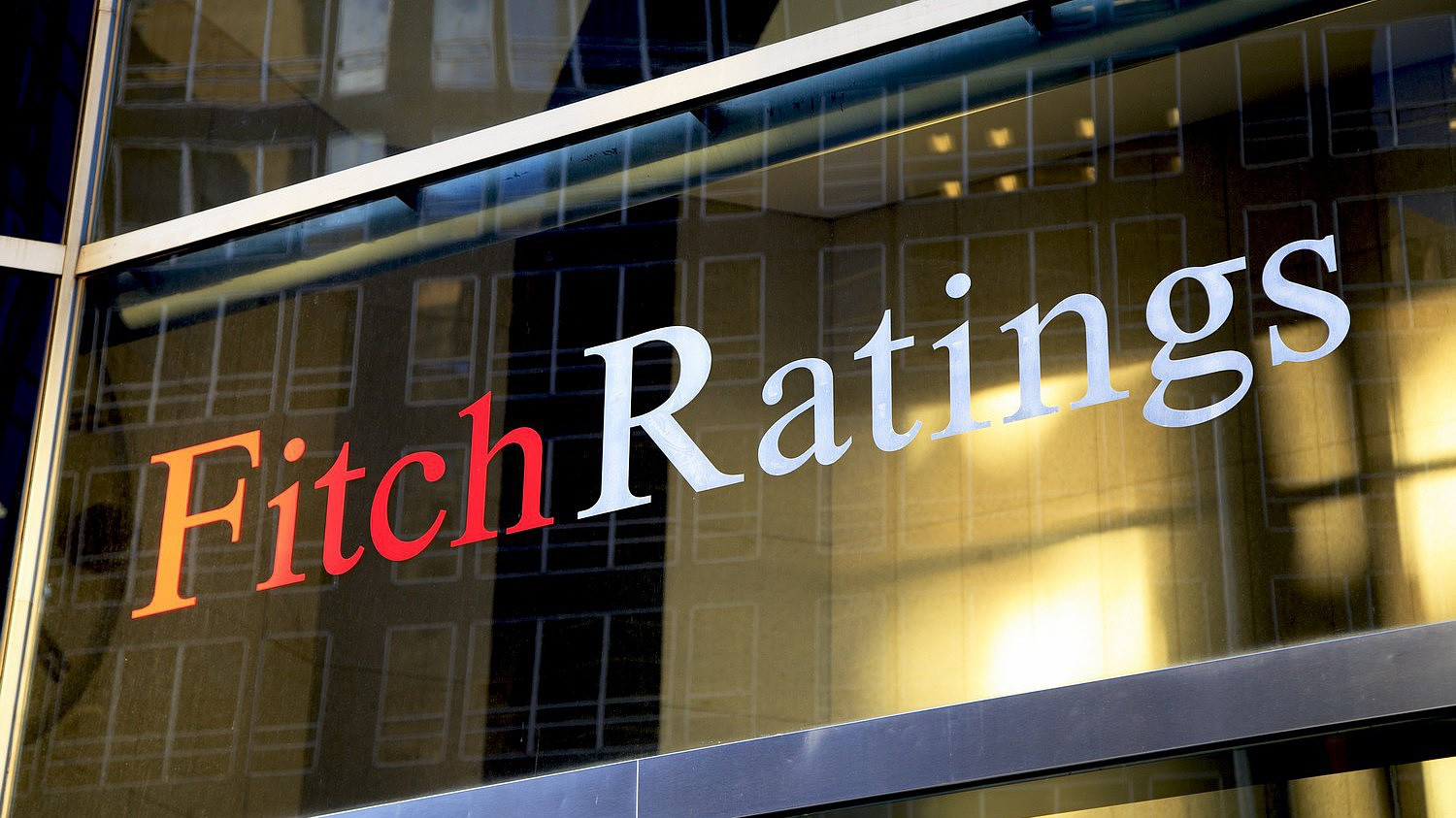The international credit rating said it expects a 5.7 percent increase in global GDP in 2021 as a whole. Fitch confirms it
It will also be the fastest growing world economy since 1973 and will be far from stagflation, i.e. stagflation of growth accompanied by high inflation.
However, the company’s previous global forecast in September forecast a 6 percent increase from 6.3 percent this year, as Fitch analysts cut their estimates for this year’s global economic growth by 0.6 percentage points over the past two quarters.
Within the global average, Fitch Ratings expects GDP growth of 5 percent in the advanced industrial region and 7 percent in emerging economies by 2021. In its September forecast, growth this year was 5.3 percent and 7.1 percent over respectively, and in the June forecast it was 5.7 per cent and 7.3 per cent, respectively.
According to the credit rating agency
The negative revisions are partly due to the expectation that supply-side bottlenecks in the global manufacturing sector are likely to continue to characterize the global economy in 2022.
For much the same reason, the company lowered its forecast for GDP growth next year in the US economy from the 3.9 per cent it had been forecasting so far to 3.7 per cent. However, the main reason for the downward adjustment, according to an analysis by Fitch Ratings in London on Wednesday, is that the growth rate of the Chinese economy is slowing in a steeper curve than expected, according to the data received, and the Chinese government. She responded with relatively modest responses.
And Fitch said it cut its forecast for next year’s growth in China’s gross domestic product from 5.2 percent in its previous forecast to 4.8 percent. Based on all this, the credit rating agency has revised its forecast for global economic growth as a whole in 2022 from the 4.4 percent it had so far forecast to 4.2 percent.
According to analysts at Fitch Ratings in London, the main reason for supply bottlenecks hampering global growth is that global demand, which was previously curbed by the coronavirus pandemic, has fallen sharply in nominal terms over the past year, but production has not kept pace.
Global GDP growth fell below expectations in the third quarter of this year due to supply-side bottlenecks, while inflation rose faster than expected.
The scale and prolongation of the global inflation shock surprised most analysts and central banks in the world, said Fitch Ratings Agency, in its revised global economic outlook presented in London on Wednesday, which led to the start of the global normalization of monetary policy.
In its new study, Fitch did not specifically address the economies of the European Union in Central Europe. However, this year the company confirmed the stable rating of “BBB” for Hungary’s long-term government debt in foreign currency, noting that it expects Hungary’s GDP to grow by 6.5 percent this year, at an annual average between 2022 and 2023 4, and increase 8 percent in real terms.
The London community of analysts has a more optimistic forecast for the rate of growth of the Hungarian economy this year.
The European Bank for Reconstruction and Development (EBRD) said in its latest semi-annual forecast that after a 5 percent decline last year, it expects 7.7 percent growth in the Hungarian economy this year, 2.2 percentage points faster than its previous June forecast.
The European Bank for Reconstruction and Development expects Hungary’s GDP to grow by 4.8 percent next year; These expectations have not changed.
Cover photo: Shutterstock












































